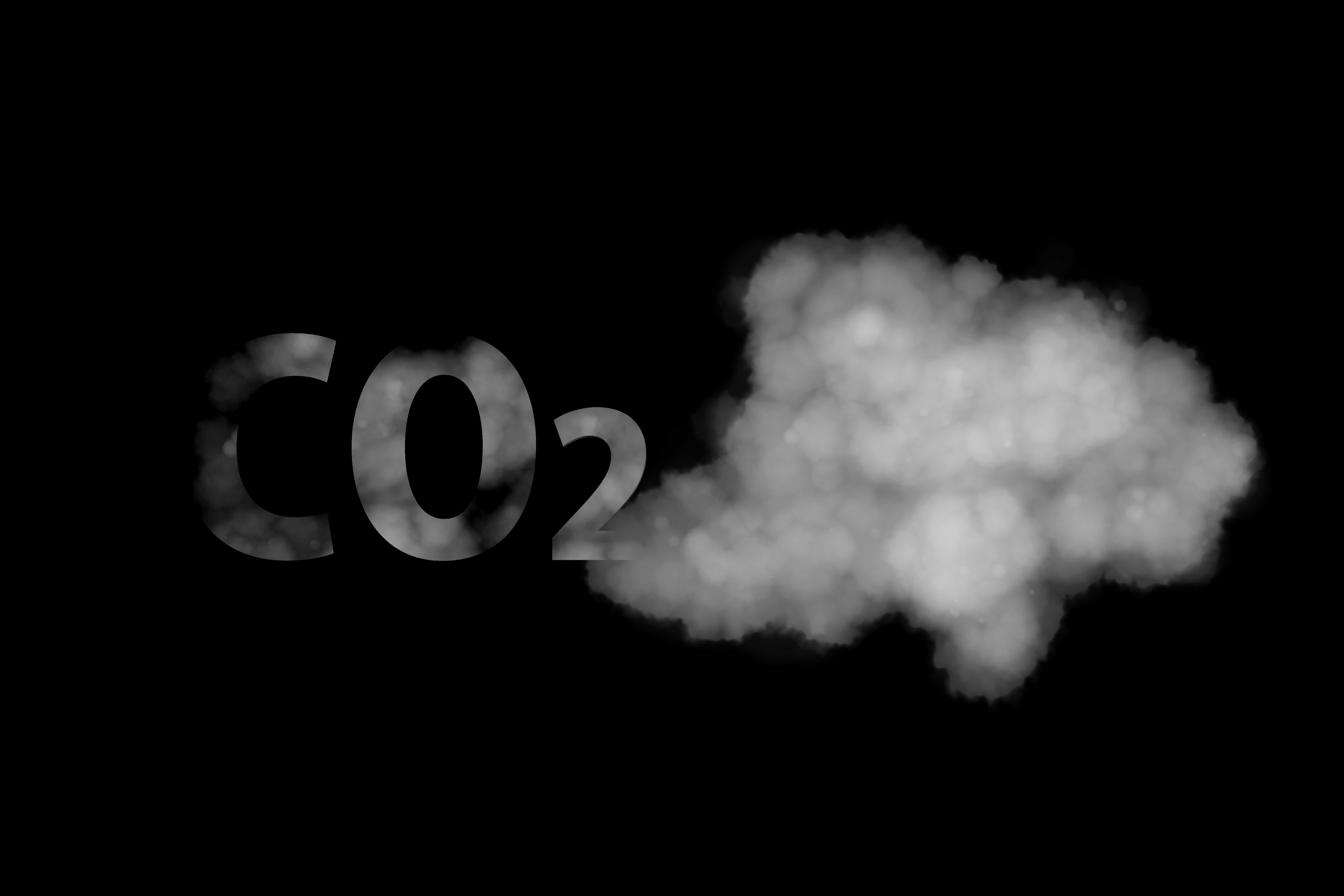
The University of Nottingham is leading an international consortium aiming to accelerate the development of carbon capture and storage, informs the university in this press release.
It’s one of several projects that have received a share of £5 million grant funding from the Department for Business, Energy and Industrial Strategy.
Carbon capture and storage (CCS) is recognised to be one of the most effective measures towards the European Union’s commitment to reach climate neutrality by 2050 and mitigate against global warming, staying within 1.5 degrees centigrade of pre-industrial levels during the remainder of the 21st century.
Cheaper alternative with a polymer
The experts are setting out to develop a cheaper alternative to the current process of amine scrubbing – the most mature technology that separates CO2 from natural gas, however the process is expensive, requiring a high level of energy and water consumption, and can cause environmental issues.
Professor Colin Snape, study lead, said: “Carbon Capture and Storage is key to achieving the UK’s ambitious target of eliminating greenhouse gas emissions by 2050. It’s therefore extremely important to accelerate the pace of developing alternatives to the current technologies on offer.”
Professor Snape added: “PEI is a polymer that avoids environmental issues associated with the basic liquids, used in amine scrubbing and requires less energy to release the CO2 after capture to enable subsequent pipeline transport and storage.”
What is carbon capture and storage (CCS)?
CCS is the technology used to prevent and reduce the amount of CO2 in the atmosphere as an attempt to mitigate global warming. Some of the largest sources of CO2 includes coal and natural gas power plants and industrial processes (such as iron and steel and cement plants).
CCS involves three main components: capture, transport and storage. Once CO2 has been captured, i.e. separated from other gases being emitted, it is transported to a final storage location (usually through a pipeline). In the UK, the captured CO2 will be injected into either depleted oil and gas reservoirs or deep saline aquifers.
Amine scrubbing is the most mature technology that separates CO2 from natural gas however the process is expensive, requires a high level of energy and it can cause environmental issues.
The academics have identified a basic polymer, polyethylenimine (PEI) supported on silica, as a strong potential alternative in both post-combustion capture as well as in direct air capture. CO2, being weakly acidic reacts with PEI and the reaction (capturing the carbon) proceeds extremely fast. Over the two-year project, the academics will seek to demonstrate the efficiency and lower cost of the process. Its entire life cycle will also be analysed in order to provide a direct comparison to the processes already in use.
Project ABSALT: Accelerating Basic Solid Adsorbent Looping Technology
The university’s Faculty of Engineering is leading the ‘Accelerating Carbon Capture and Storage Technologies 3’ project ABSALT: Accelerating Basic Solid Adsorbent Looping Technology. The project team aims to demonstrate that basic silica-polyethylenimine (PEI) in solids adsorption looping technology (SALT) can achieve low capture costs.
The consortium of international partners is made up of: PQ Corporation, UK; BASF, Germany; CEMEX, Switzerland; Ulster University, UK; University of Bologna, Italy; and CPERI-CERTH, Greece.

Selected for you!
Innovation Origins is the European platform for innovation news. In addition to the many reports from our own editors in 15 European countries, we select the most important press releases from reliable sources. This way you can stay up to date on what is happening in the world of innovation. Are you or do you know an organization that should not be missing from our list of selected sources? Then report to our editorial team.






